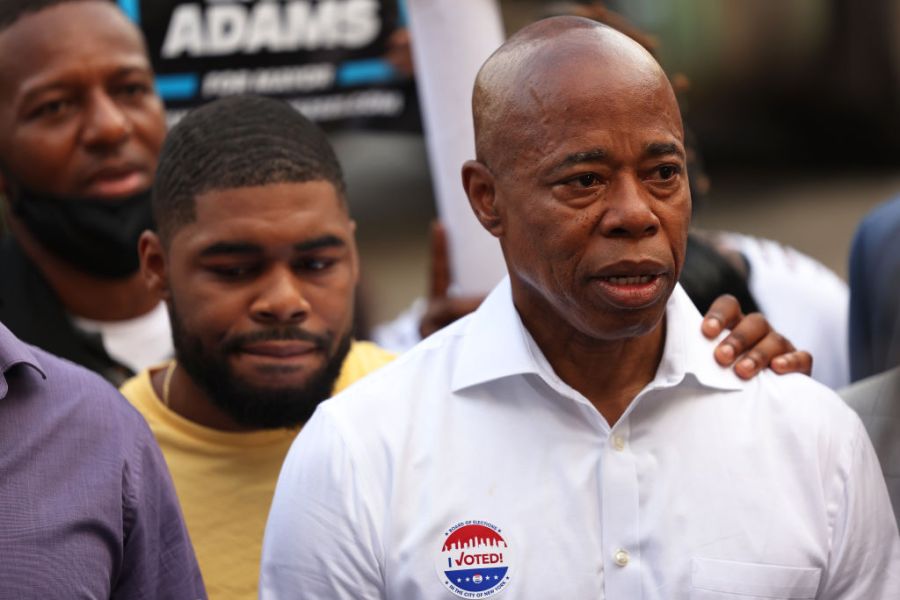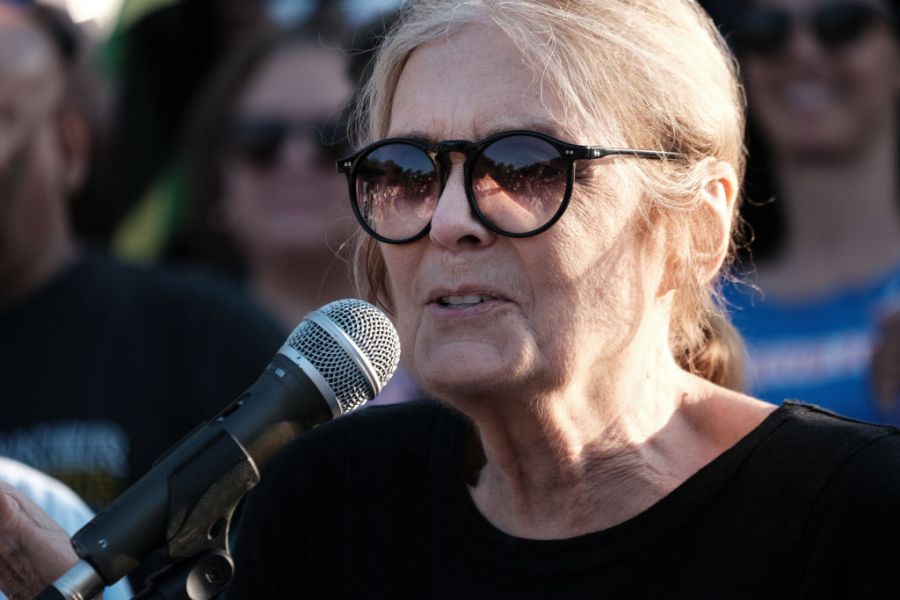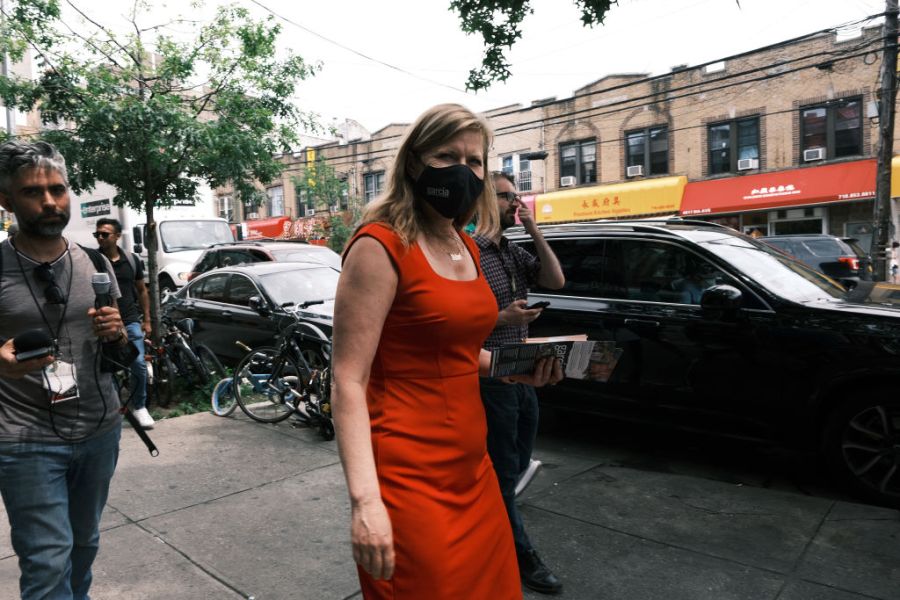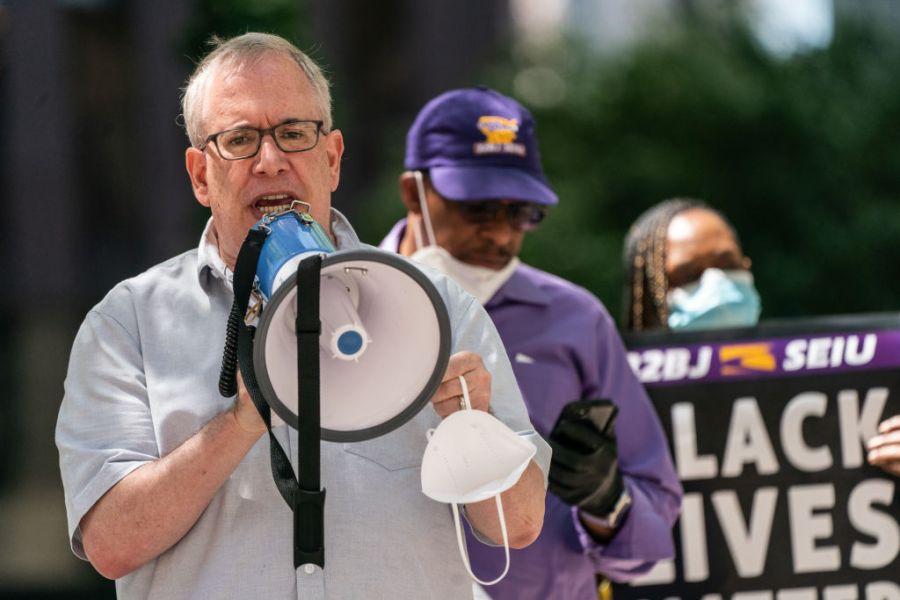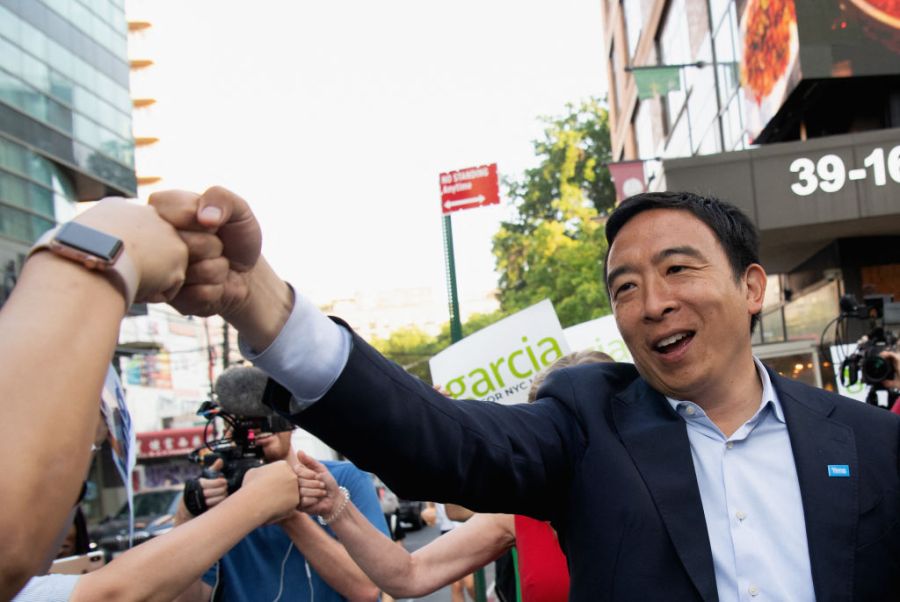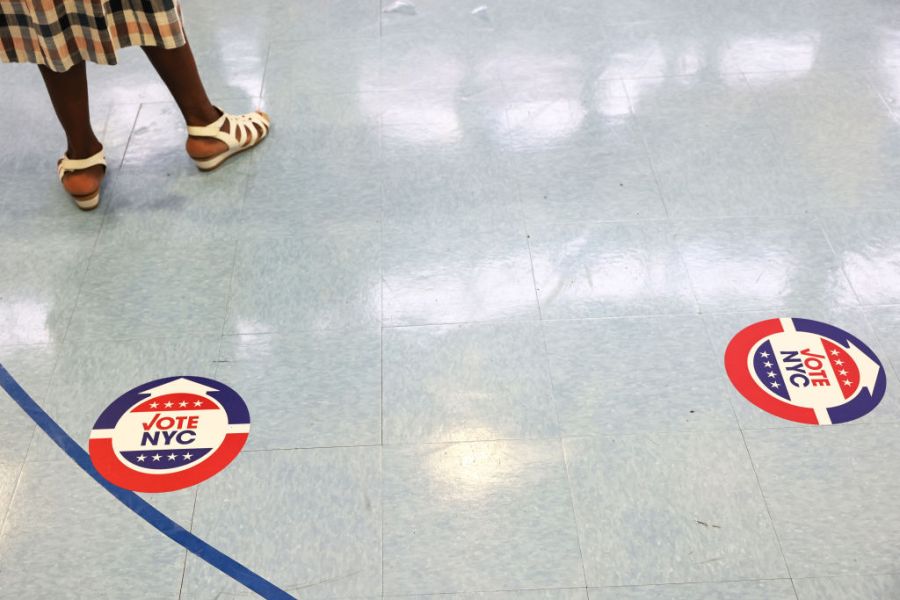Andrew Yang concedes, Eric Adams leads in NYC Democratic mayoral race
NEW YORK (NewsNation Now) — Brooklyn Borough President Eric Adams, a former police captain who put public safety at the center of his campaign for New York City mayor, was leading a field of 13 Democratic candidates in Tuesday’s primary election, though the outcome likely won’t be known for weeks.
With 90% of the in-person votes counted, Adams had been picked as the top choice on 31% of ballots. But with at least 87,000 absentee ballots yet to be processed, and a new ranked-choice voting system in place, final results are not expected until mid-July at the earliest.
In remarks to supporters, Adams acknowledged the campaign was far from over.
“But there’s something else we know: that New York City said ‘Our first choice is Eric Adams’,” he said.
Former presidential candidate Andrew Yang, who was far behind in early returns, conceded about two hours after polls closed and vowed to work with the next mayor.
“I am a numbers guy. And I am not going to be the next mayor of New York City-based upon the numbers that have come in tonight,” Yang said to a crowd gathered at an election party Tuesday night.
The tech entrepreneur was the first candidate to concede.
Yang was once seen as a frontrunner in the race and led the March NewsNation/Emerson poll. According to the May survey from NewsNation and Emerson College, Adams saw his standing rise amid concern over a spike in shootings during the coronavirus pandemic.
The race as of Wednesday morning appeared to have narrowed to a trio of candidates, all vying for the chance to lead the country’s most populous city in its recovery from the coronavirus pandemic. Maya Wiley, former de Blasio administration attorney who emerged as the leading liberal candidate, was in second place with 22%. Kathryn Garcia, a former sanitation chief who campaigned as an experienced technocrat, was at 20%.
In the Republican primary, Guardian Angels founder Curtis Sliwa defeated businessman Fernando Mateo. Ranked choice voting wasn’t a factor because there were only two candidates in the race.
But in the Democratic contest, the initial picture could be misleading. After polls closed at 9 p.m., New York City’s Board of Elections began releasing results of votes cast in person, but the returns focused on who candidates ranked as their first choice.
The election is the first mayoral primary to use ranked-choice voting. City voters approved a measure to use the ranked-choice system two years ago.
It’s a system in which voters rank up to five candidates in order of preference and the lowest performers are eliminated in a series of computerized rounds of vote tallying until only two candidates remain. The one with more votes wins.
Several candidates in the race to succeed Mayor Bill de Blasio have the potential to make history if elected. The city could get its first female mayor, or its second Black mayor, depending on who comes out on top.
Besides Adams, Garcia, Wiley and Yang, other contenders in the Democratic contest included City Comptroller Scott Stringer, former U.S. Secretary of Housing and Urban Development Shaun Donovan, former Citigroup executive Ray McGuire and nonprofit executive Dianne Morales.
Stringer, McGuire and Morales addressed supporters after polls closed as early returns showed them trailing the front-runners but did not immediately concede.






